

92% of Survey Respondents Open to Marrying Someone with Student Loans
Understanding the Acceptance of Student Loans in Marriage
In a recent survey conducted by Partner Agent, a leading marriage advice company in Japan, it was revealed that an overwhelming 92% of respondents would consider a partner with student loans as a viable marriage candidate. This statistic sheds light on the evolving perspectives regarding financial obligations and relationships in contemporary society.
Survey Overview
The survey included 311 members of Partner Agent, who were asked about their views on student loans in relation to marriage and dating. The results not only highlight the acceptance of partners with financial burdens but also reflect the changing societal views on education financing.
Background of the Study
The increasing rates of unmarried individuals and late marriages in Japan have been attributed to various economic reasons, including a decline in disposable income. Many young people express concerns about their financial future post-marriage and perceive that their debt situation makes marriage seem unattainable. This is particularly relevant considering the rising costs of higher education and the commonality of student loans in today’s societal structure. According to the Japan Student Services Organization (JASSO), 55% of university students in 2022 were recipients of student loans, a significant increase from 21.2% in 1996, indicating a drastic shift in financial planning for education.
Key Findings of the Survey
Student Loan Experience Among Respondents
When asked about the experience of holding student loans, about 34.7% of participants reported having received such loans. Notably, among younger individuals aged 25 to 34, approximately 25% indicated they were repaying existing loans, which shows the pervasive nature of this issue among those considering marriage.
Resistance to Disclose Loan Status
Interestingly, 77.8% of respondents aged 25 to 29 expressed feelings of reluctance to disclose their loan repayment status to potential partners. This indicates a significant concern among younger individuals regarding the stigma associated with debt. Meanwhile, only 8% felt that someone repaying loans should not be considered for marriage, suggesting that prevailing attitudes may be more accepting than personal fears.
Communication Preferences
The survey also inquired about the timing and manner in which individuals preferred to communicate their financial burdens to prospective partners. A significant 29.9% stated they would prefer to share this information before entering a serious relationship, while 25.4% preferred to do so on the second or third date.
Insights on Financial Responsibilities
Regarding the financial responsibility in a marriage, 42.4% of respondents felt that individuals should be responsible for repaying their own loans, while 21.4% of those aged 25 to 29 admitted they had not considered the implications of co-managing finances after marriage.
Implications for Relationships
The study emphasizes the importance of transparency in relationships, as 62.4% of participants indicated trust could be established if partners openly shared their financial situations, including student loans. The data suggests a nuanced understanding that partnerships are not solely defined by financial status but rather by shared values and honest communication.
Upcoming Event
To address concerns surrounding student loans and marriage, Partner Agent is hosting a seminar on July 19, 2025, aimed at providing effective strategies and insights for those grappling with financial issues in their romantic lives. Industry experts will share personal experiences and methodologies for managing debt and marriage expectations, encouraging attendees to view their financial situation as a part of their personal narrative, not a hindrance.
Conclusion
The results of this survey represent a significant step in shifting attitudes toward the integration of student loans in relationship considerations. While financial burdens can be daunting, the findings suggest that open dialogue about these issues can foster understanding and trust in future partnerships. As society continues to evolve, addressing the intersection between education, financial responsibility, and personal relationships will remain crucial.
For individuals unsure about how to approach their financial situations in relationships, leveraging resources such as marriage consultants can provide guidance and support in navigating these complex dynamics.

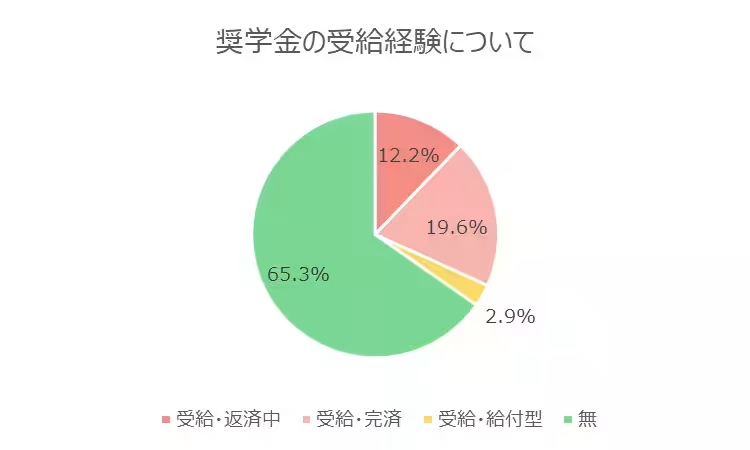
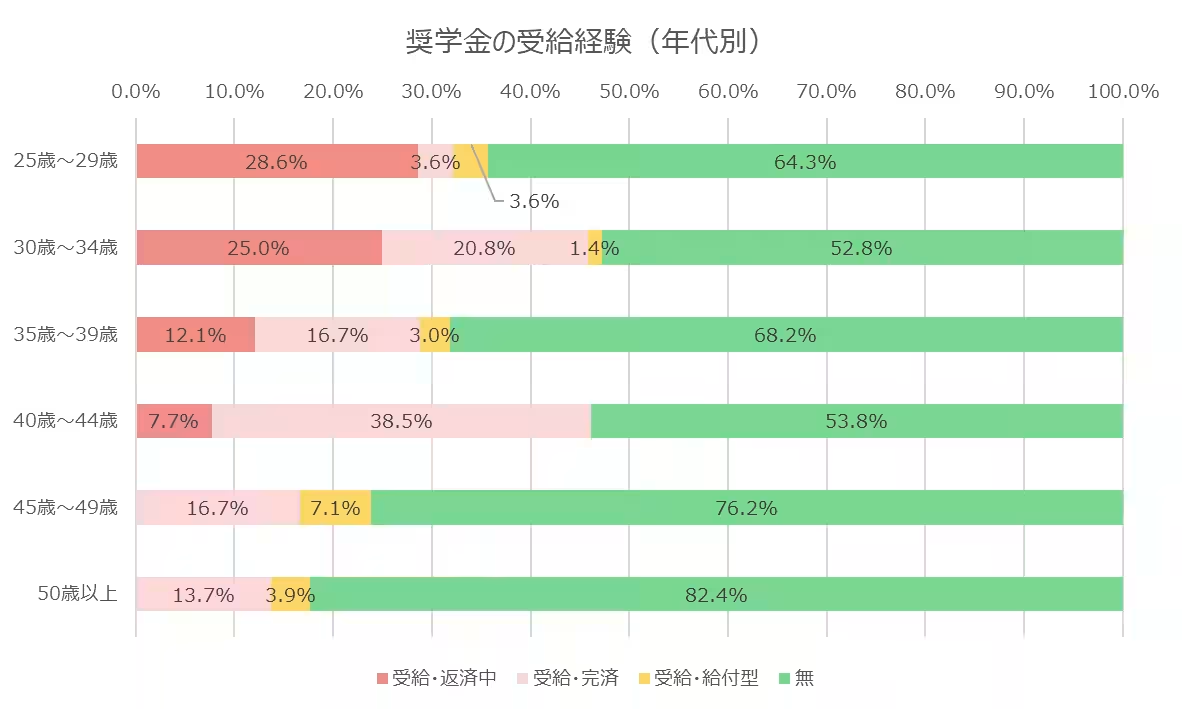
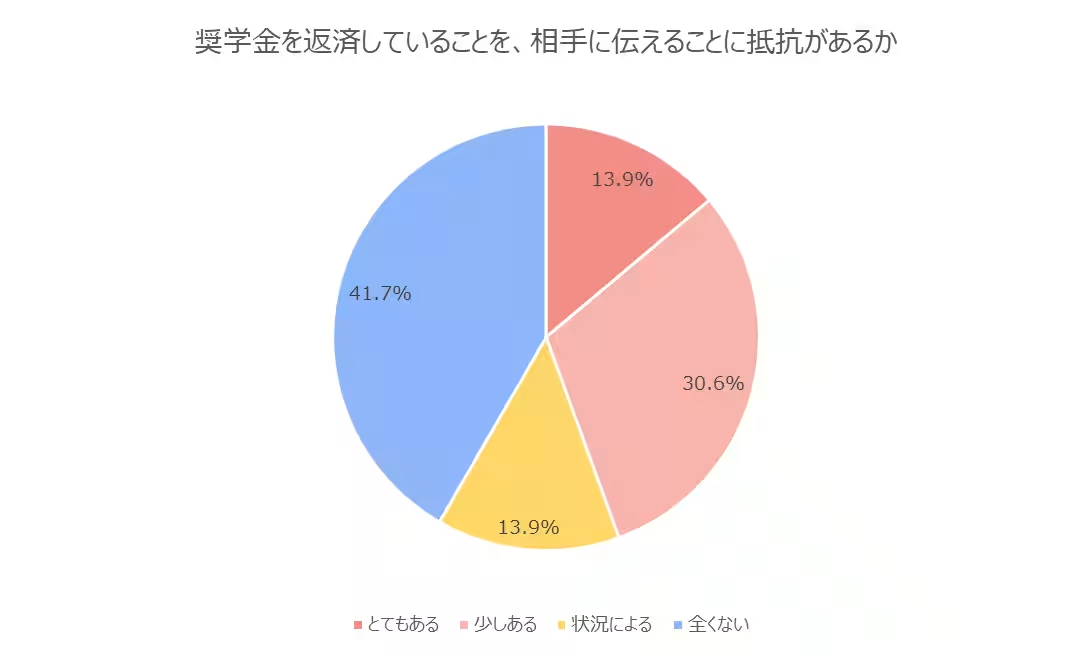
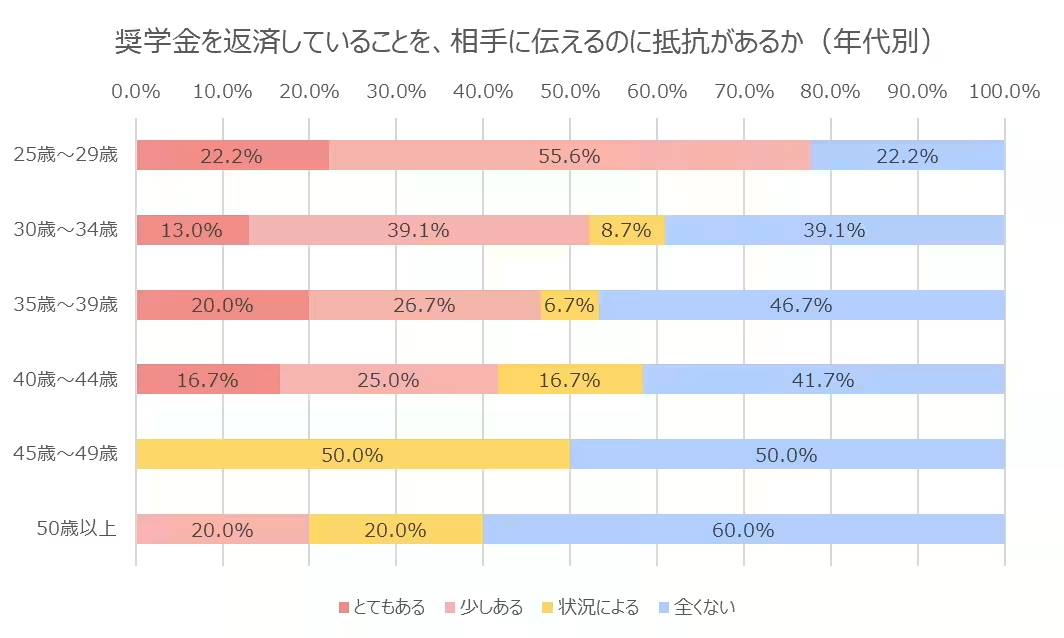
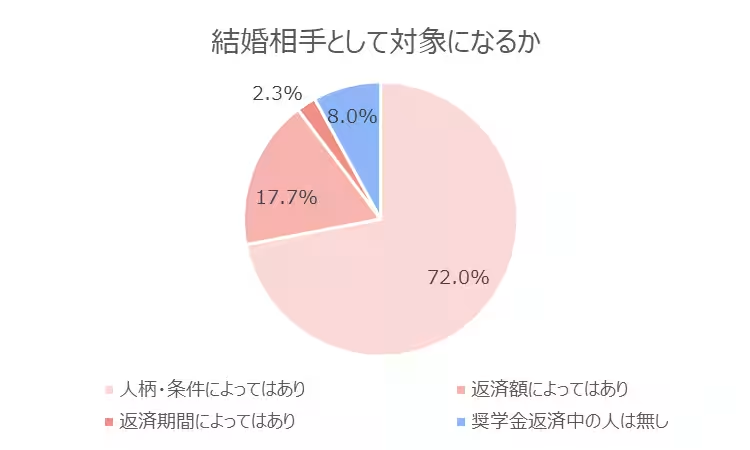
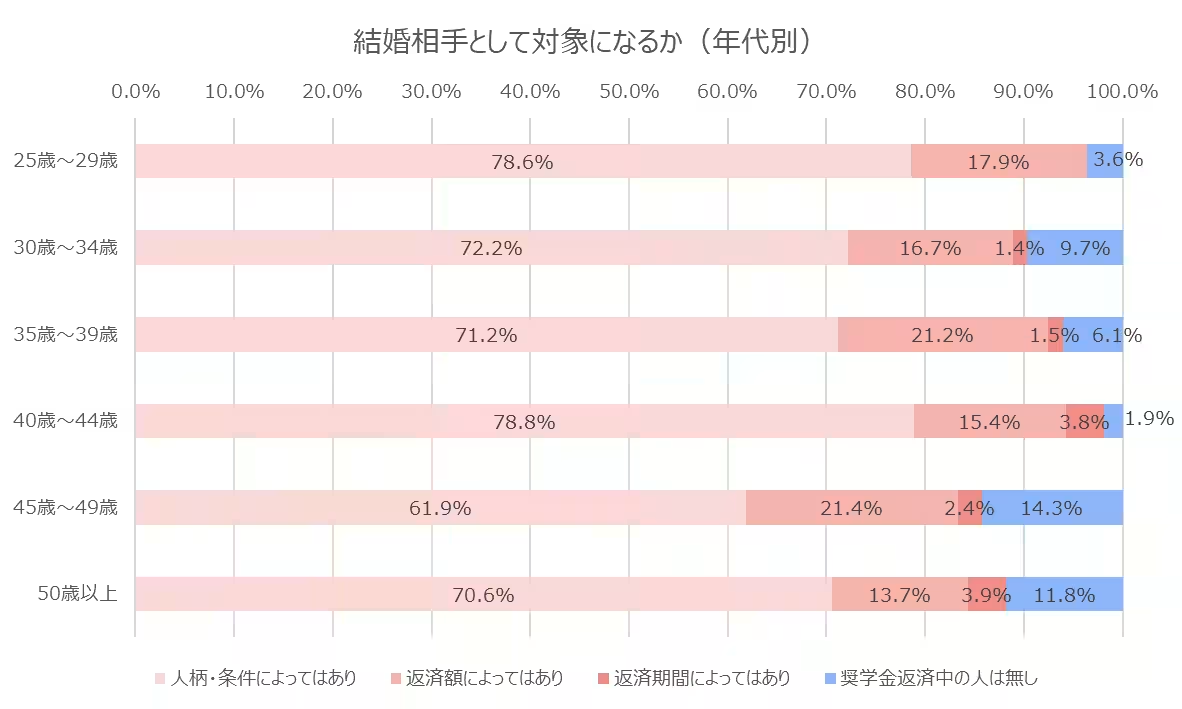
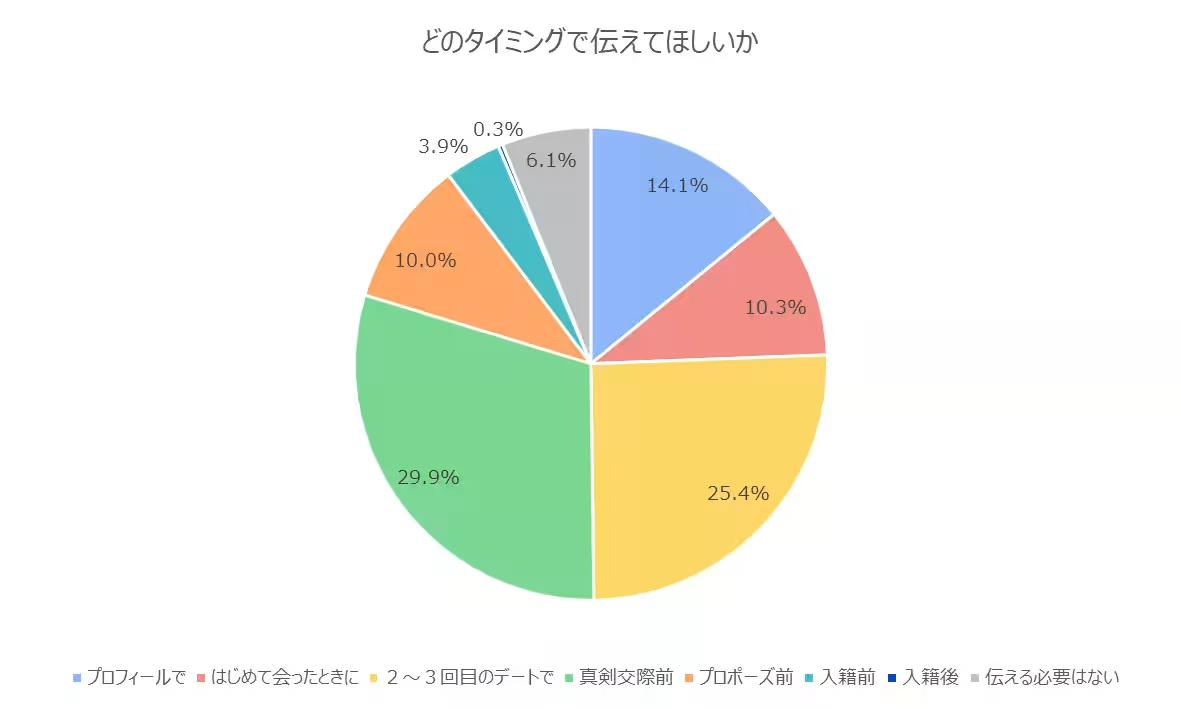
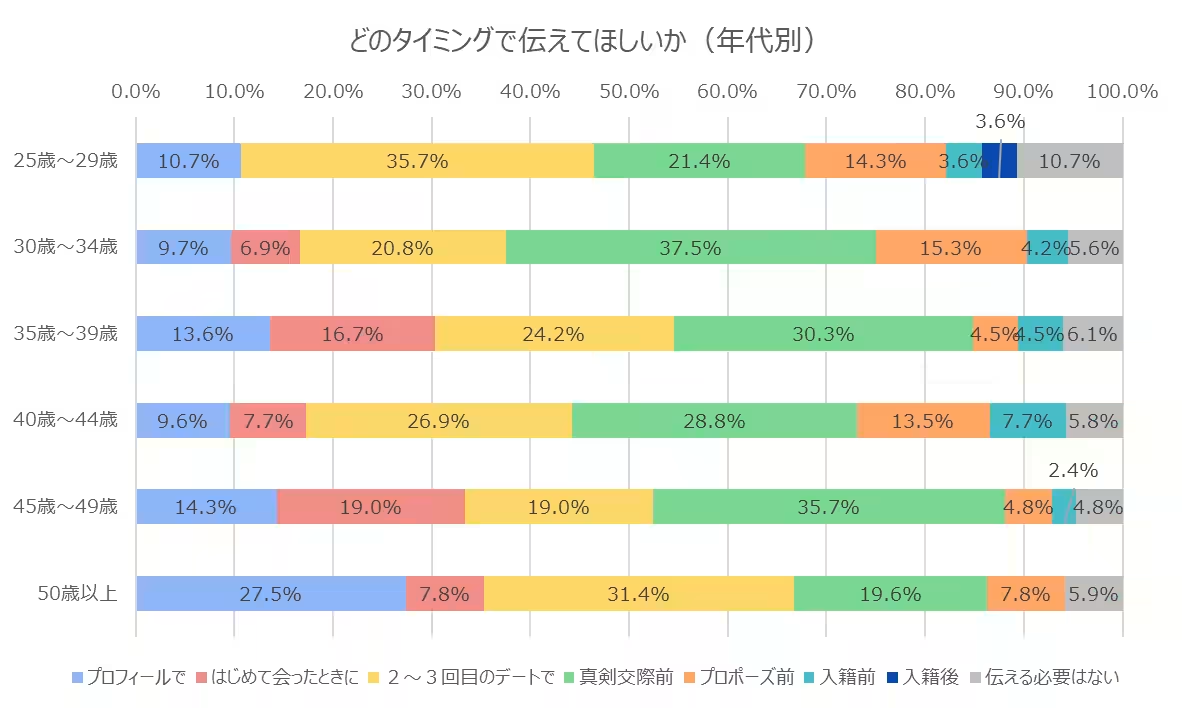

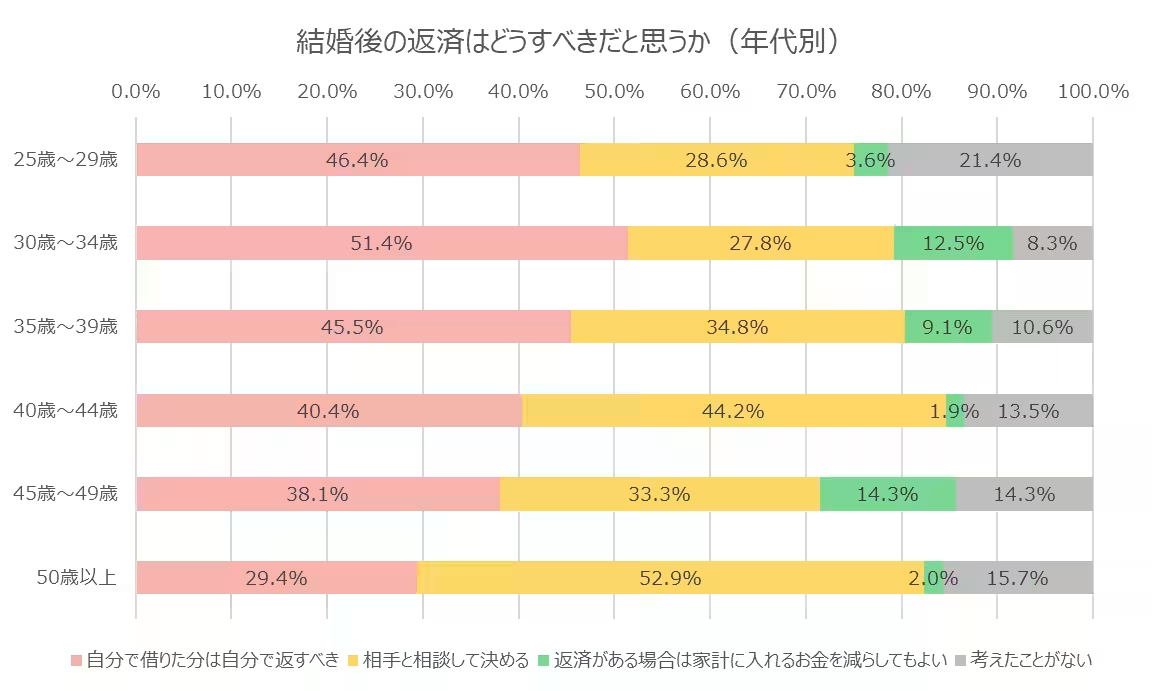
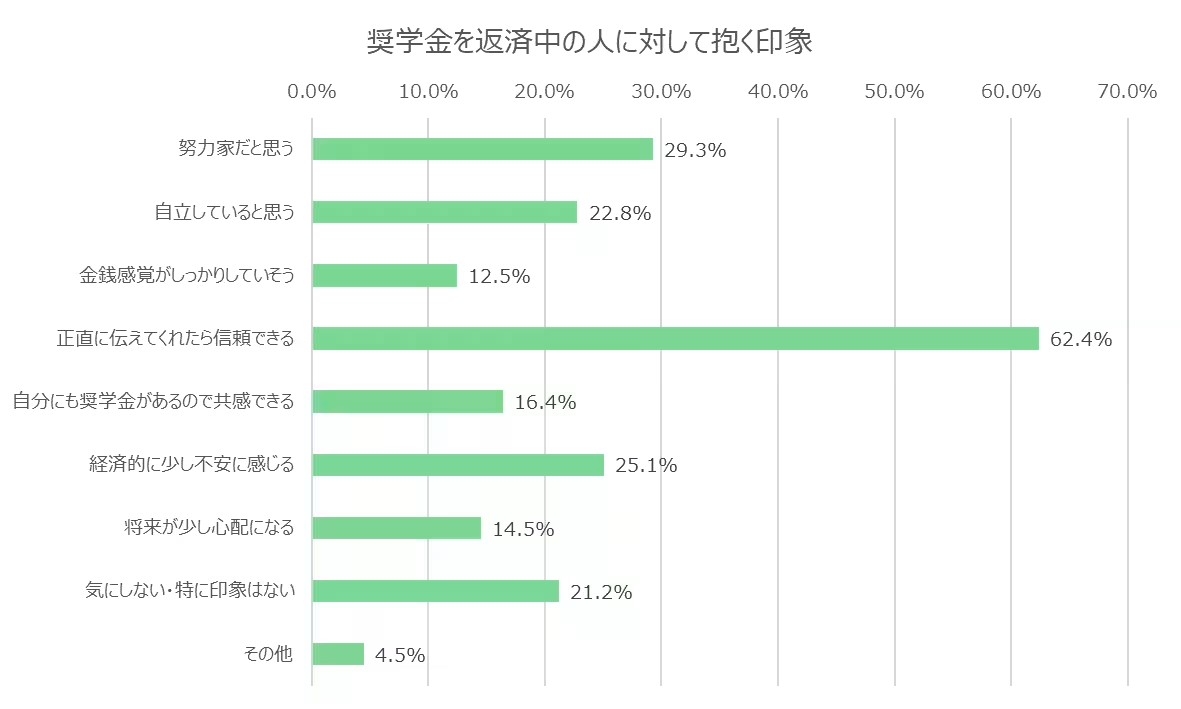
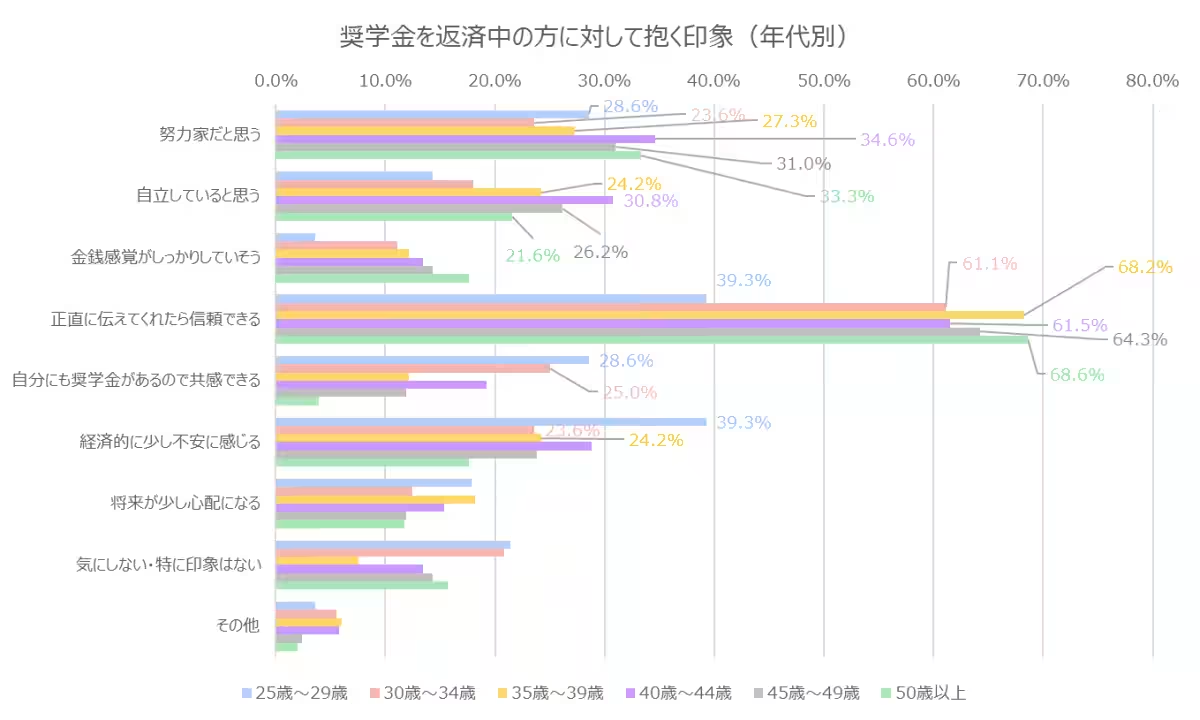
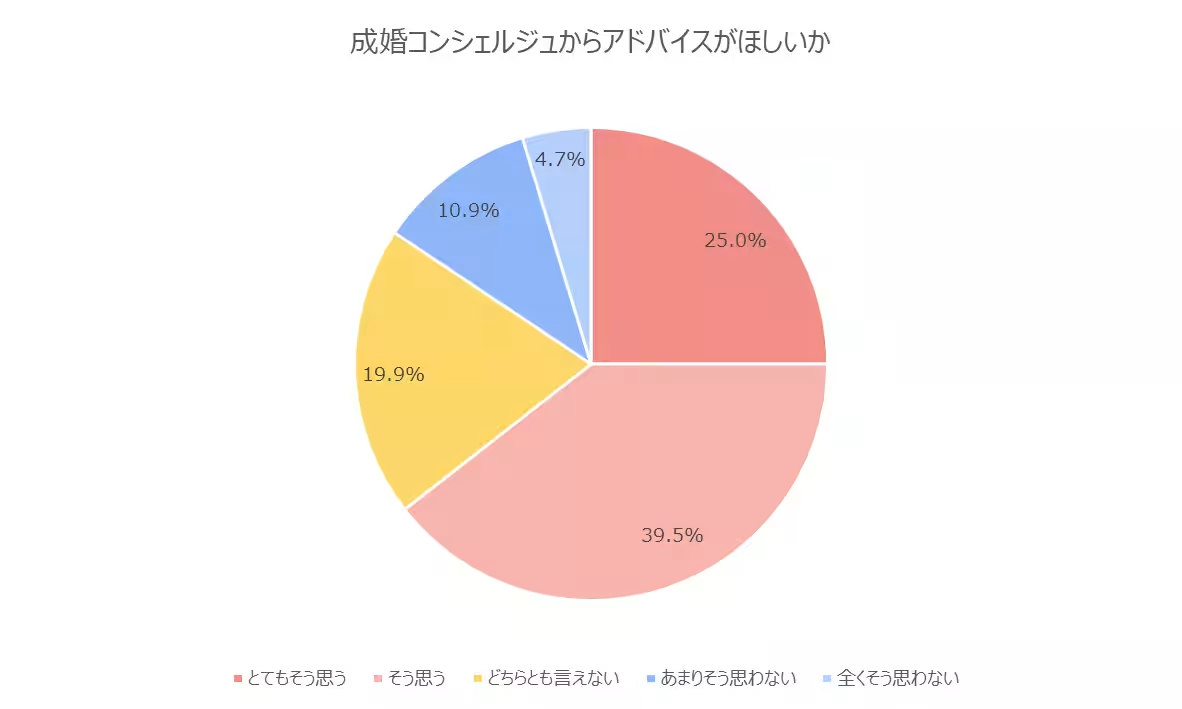
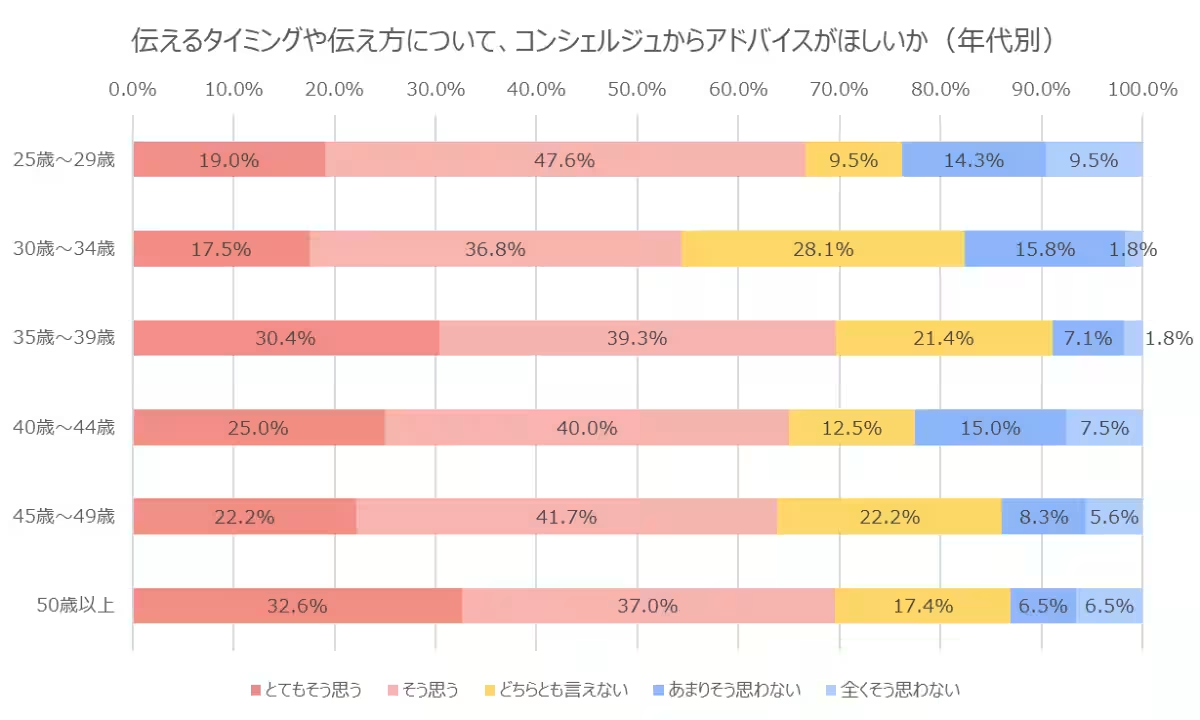
Topics People & Culture)










【About Using Articles】
You can freely use the title and article content by linking to the page where the article is posted.
※ Images cannot be used.
【About Links】
Links are free to use.